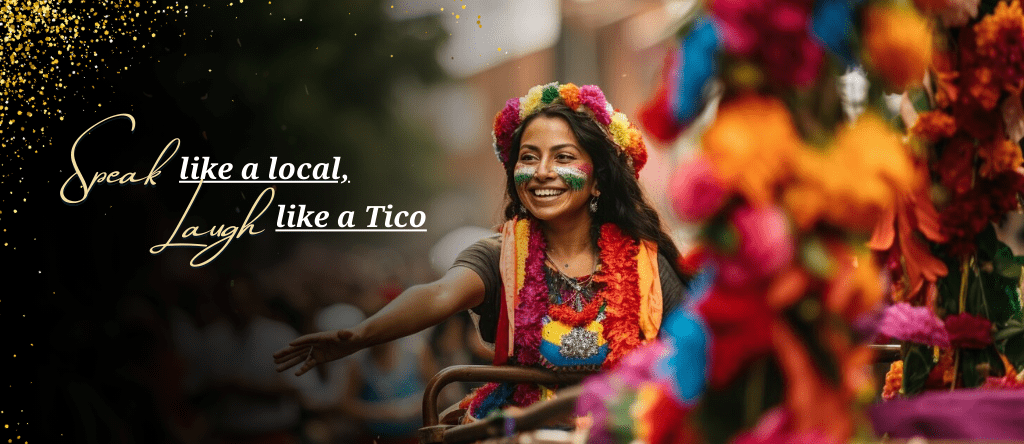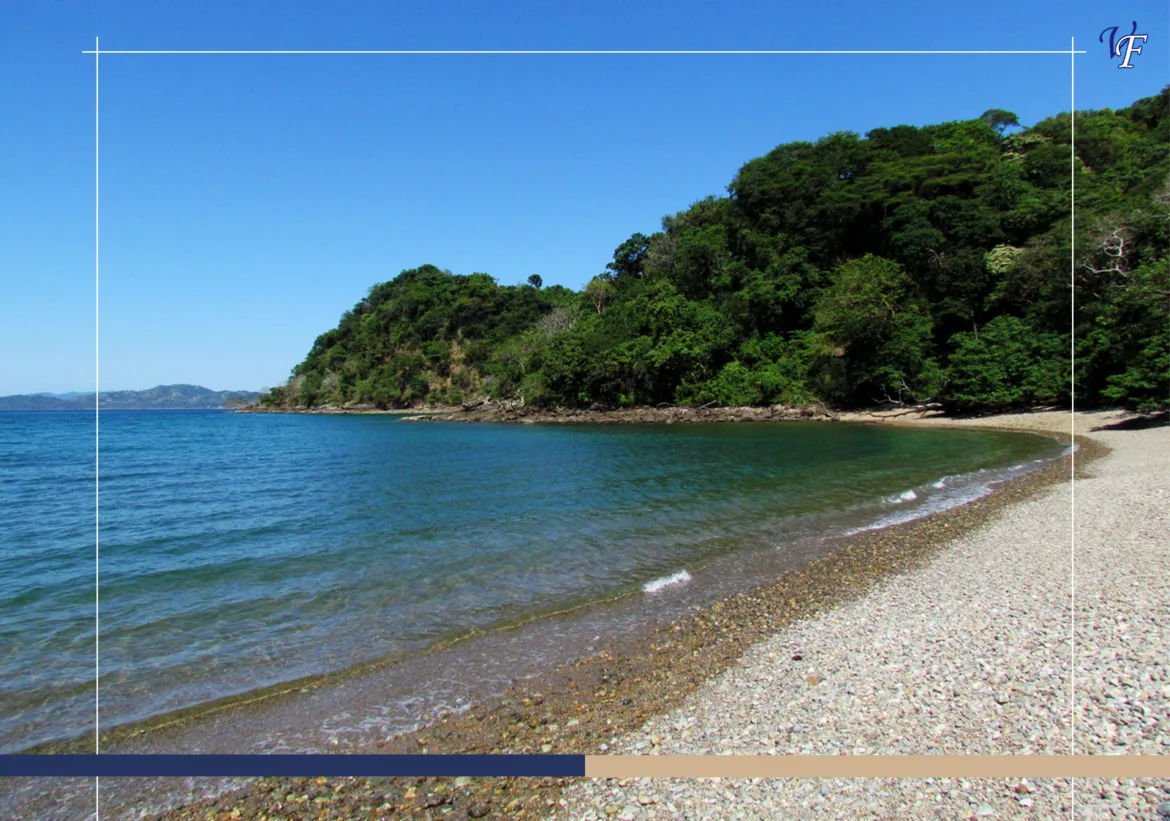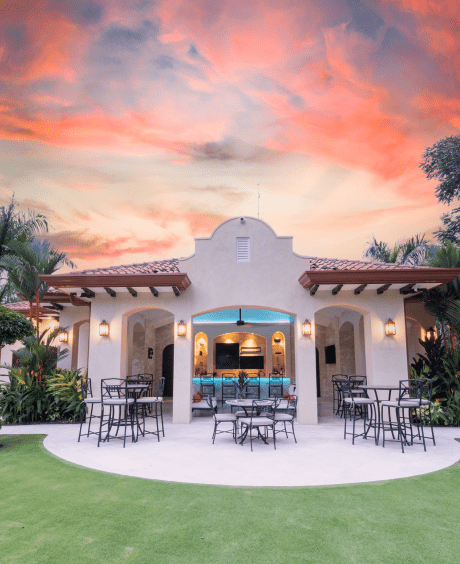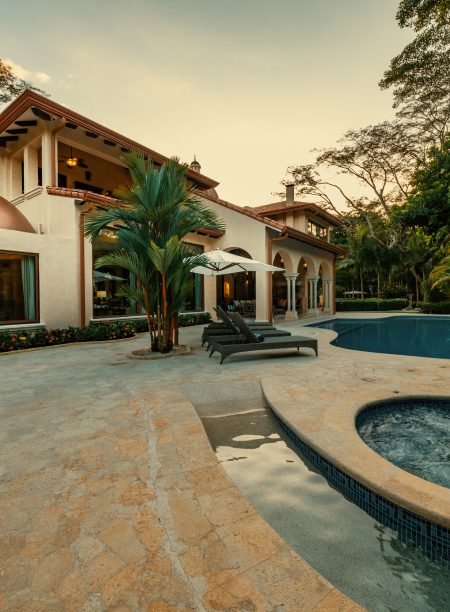Costa Rica is a paradise of beaches, rainforests, and adventure—but let’s talk about something that can trip you up faster than a hidden tree root on a jungle hike—Tiquismos—unique slang, sayings, and expressions used in Costa Rican Spanish.
Costa Ricans have a way of using words that will make you question everything you thought you knew about Spanish. Some of them sound familiar, but trust me, they don’t mean what you think. Before you nod along in confusion, let’s break it down.
1. Costa Rican Soda – No Fizz, Just Food
Ask for a soda in Costa Rica, and you won’t get a cold drink—you’ll be pointed to a small, family-run restaurant serving up some of the best local food you’ll ever eat.
Sodas are the heart and soul of Costa Rican cuisine. These cozy spots serve casados, gallo pinto, and fresh fruit juices, sometimes better than those in fancy restaurants. If you want an authentic taste of Costa Rica, ditch the touristy spots and find yourself a soda.
2. Pulpería – Not a Juice Bar
A pulpería sounds like the place to grab a smoothie, right? Nope. In Costa Rica, it’s your neighborhood corner store with all the essentials—snacks, sodas, random household items, and probably a friendly grammy running the register.
Think of it as the Costa Rican version of a grocery store. Need a quick snack or a soda (the drink, this time)? The pulpería has your back.
3. Muerto – No, There’s No Dead Body
Don’t freak out if a local warns you about a muerto ahead. There’s no crime scene—it’s just a speed bump.
Yep, in Costa Rica, muerto is slang for those annoying little humps in the road that jolt you awake while driving. So next time you hear it, just slow down unless you want your coffee all over your lap.
4. Carne Molida – More Than Just Ground Meat
Literally, carne molida means “ground meat.” But if someone calls you that? Oof. They’re saying you’re super accident-prone—like the kind of person who trips over their own feet, spills their coffee, and somehow manages to close a car door on themselves all in the same day.
If you’re the type who always has a fresh bruise but has no clue where it came from, congratulations, you’re carne molida.
5. Bomba – Not an Explosion, Just a Pit Stop
Hearing bomba might make you think of fireworks or something dramatic, but it’s way less exciting in Costa Rica—it just means gas station.
So if someone says they need to stop at a bomba, don’t start looking for emergency exits. They’re just running low on fuel.
6. Goma – Not for Chewing
Don’t offer gum if a Tico tells you they have goma. They don’t need a mint—they need recovery.
In Costa Rica, Goma is a hangover—a brutal, headache-y morning, “Why did I have that last drink?” kind of morning. So, if someone’s nursing a Goma, send them to a soda for a greasy breakfast and some strong coffee.
7. Taxi Pirata – Not as Cool as It Sounds
A taxi pirata might sound like an epic adventure, but reality check—it’s an illegal taxi.
These unlicensed cabs don’t follow regulations, and while they might seem convenient, they’re often sketchy. Overpriced rides, no safety measures, and the possibility of being taken for a very unexpected tour? Stick to official red taxis or Uber instead.
8. Nightclub vs. Discoteca – Choose Wisely
Ask for a nightclub in Costa Rica, and you might get more than you bargained for. Here, a nightclub usually means a strip club or an adult entertainment venue.
If you’re just looking for a dance club with music and drinks, ask for a discoteca instead.
9. Mae – The Ultimate Costa Rican Slang
If you hang around Ticos long enough, you’ll hear “mae” every other word. It’s the Costa Rican version of “dude,” “bro,” or “buddy,” and it’s used constantly in casual conversation.
Some examples:
- “Mae, vamos a la playa.” (Dude, let’s go to the beach.)
- “Mae, qué torta.” (Bro, what a mess.)
Use it sparingly if you’re a visitor—locals will love it, but saying it every two seconds might make you sound like you’re trying too hard.
10. Presa – Not the News, Just Traffic
In most Spanish-speaking places, presa means “press” or “news.” But in Costa Rica, it means traffic jams. Simply the Costa Rican way of living!
And there will be presa—especially in San José, where rush hour moves at the speed of a snail on vacation. If someone groans about “la presa,” they’re not talking about breaking news—they’re stuck in bumper-to-bumper chaos.

Conclusion
Costa Rica isn’t just about stunning landscapes and wildlife—it also has its own unique, quirky way of speaking, making exploring and experiencing this Central American country even more fun.
Now that you’re armed with these Tiquismos, you’ll blend in like a pro (or at least avoid awkward misunderstandings). So, grab breakfast at a soda, avoid the muertos, and don’t be a taxi pirata passenger.
Pura Vida, mae!











